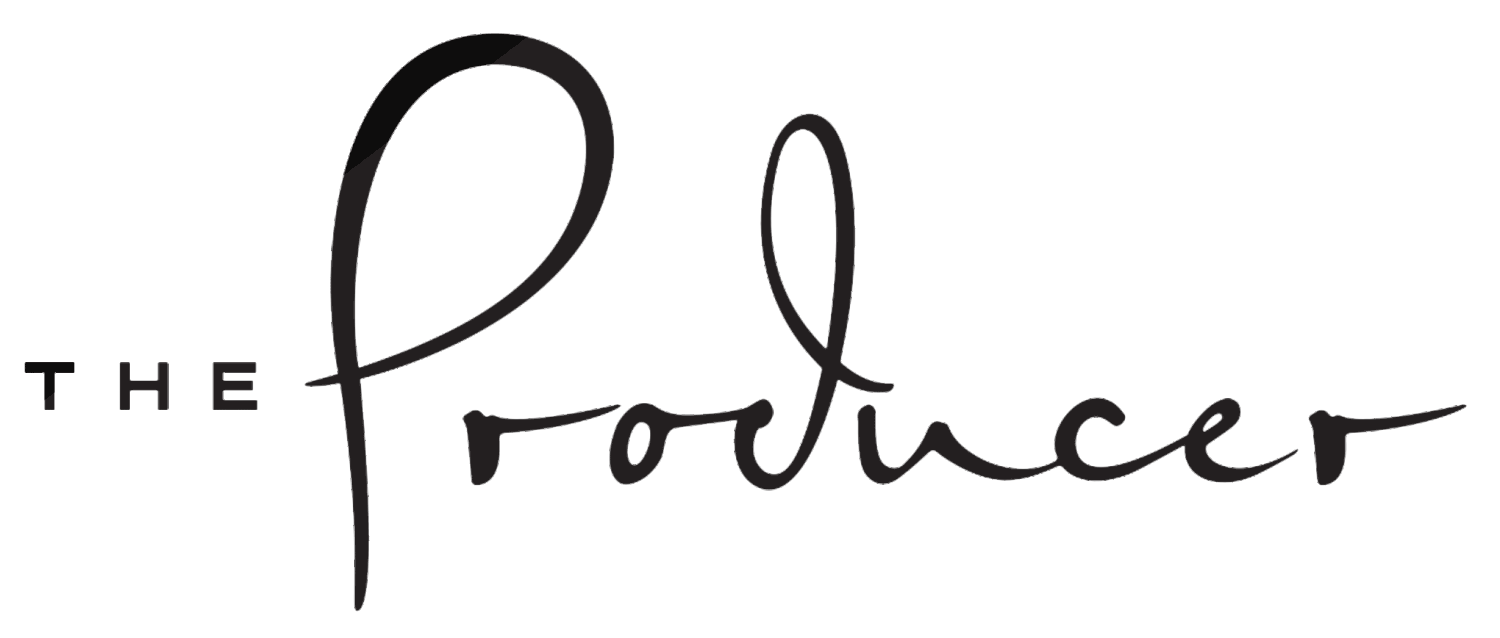Helping You Understand 2018's Pass Through Deductions
/As a freelancer or business owner, you may have felt the pain of higher tax liabilities in the past. Often, business owners shoulder a heavier tax burden as their earnings are taxed twice - once as business earnings, and then again as personal wages. This year, though, if you are an owner of an LLC or S-corporation, partner, sole proprietor or gig economy worker, you might just get a break.
One of the benefits of the 2017 tax overhaul (effective for 2018 filings) was the introduction of a new “Pass Through Deduction,” formally known as IRS Section 199A. This deduction allows you to deduct up to 20% of your qualified business income and also allows this portion of your income to “pass through” to your personal tax return, rather than being taxed as both business earnings and then again as personal wages.
Photo credit: HollenderX2
While there’s undoubtedly an immediate savings, there’s also an additional benefit in that the 20% deduction reduces the amount of total income you have to pay taxes on. Depending on how much money you generated in the past year, this could possibly drop you into a lower tax bracket, yielding even greater savings. Additionally, the so-called “standard” deduction, which is a blanket write-off of your federal income taxes, has essentially been doubled. Single filers can claim a $6,350 deduction, while married joint filers can deduct $12,700.
A word of caution, though… While the standard deduction has increased, itemized deductions have been capped at $10,000. This means that if you live in a state with high taxes (NJ, NY and CA, for example), your ability to offset those taxes with itemized deductions will be sharply limited this year. Other limitations are also applied to taxpayers whose income levels exceed $207,500 if you’re single or $415,000 if you’re married. If you earn above that threshold, you may not reap any benefits from this new bill.
Due to these kinds of caveats and complications under the new law, we definitely recommend consulting with a qualified CPA for any questions you have regarding your eligibility.
Looking for more industry-specific information?
Last year, we organized an informational panel to support our industry regarding best practices for taxes. These topics are covered more in-depth with CPAs in this panel, with real industry-specific examples. Check out the video from this event here!
DISCLAIMER: Hey, friends. We aren’t CPAs. All information provided in this article is for informational purposes only and is absolutely not a substitute for legal or professional advice. The author makes no guarantee as to the accuracy, completeness, timeliness, suitability, or validity of any information and will not be liable for any errors, omissions, or delays in information. But… if you really want to capitalize on our expertise, we’d be glad to consult with you about any of your photo production needs.



